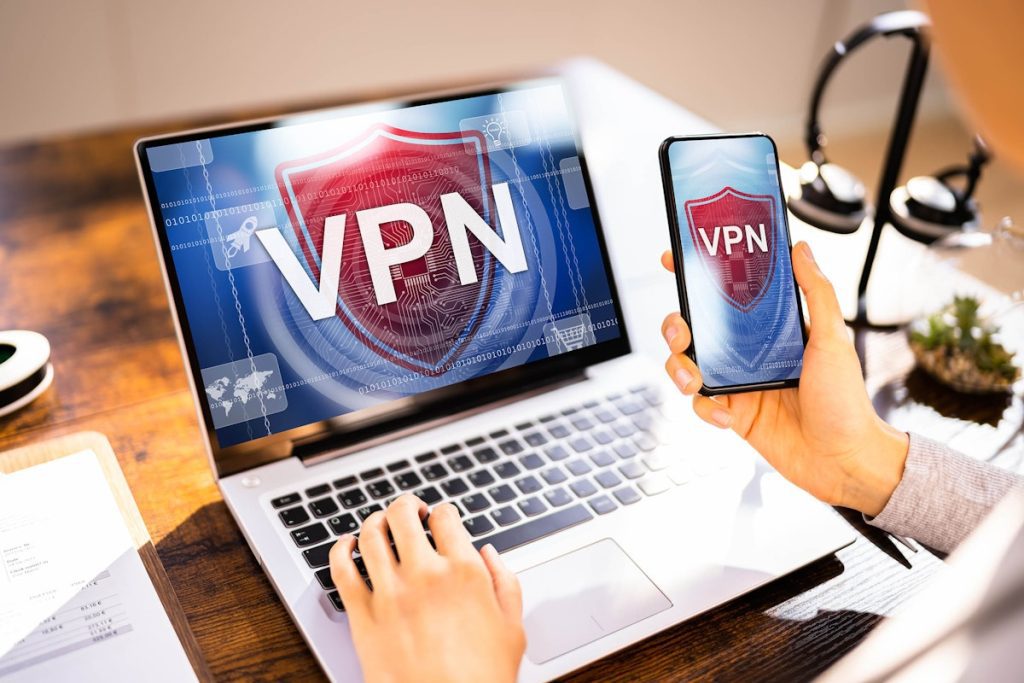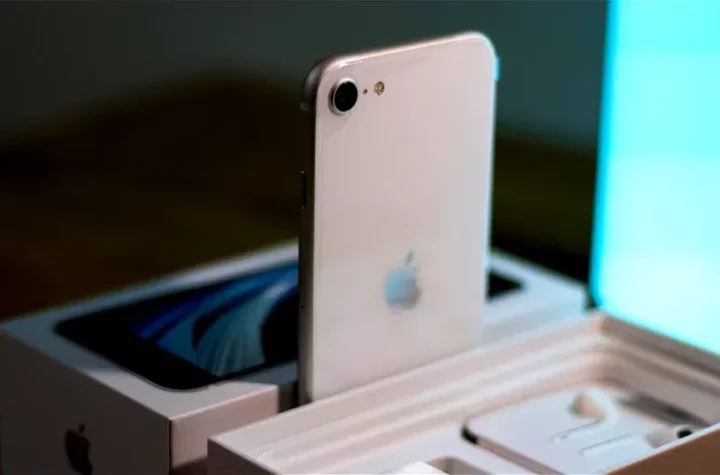With a VPN (Virtual Private Network), you can (temporarily) replace your visible IP address with an IP address from any country you want. This can be very useful for certain purposes, but it also has some drawbacks.
Your internet connection becomes slower due to VPNs
When you browse the Internet with a VPN, all your Internet traffic is first routed through the VPN server to mask your IP address and replace it with that server's IP address. Your encrypted traffic is then sent back to your computer or smartphone. This journey takes time and your internet speed is affected.
Exactly how much speed you lose depends on a lot of factors. Consider the speed of those VPN servers, the number of other users on the same server at the same time, and the strength of the encryption. Another important factor is the distance between you and the server. If you want to browse using an IP address from New Zealand, your internet will be much slower than if you set your VPN location to Germany. In some cases you won't notice internet lag, while in other cases your internet speed can drop by half or more.
Read also: Is your VPN slow? These tips can help
VPNs are often not as privacy-friendly as you think
VPNs have a good reputation for improving user privacy. After all, it hides your internet traffic, so no one can track your “real” IP address. Well, almost no one; The VPN itself can still access this information.
However, many VPNs claim to have a strict no-logs policy. In other words, it does not record users' browsing activities. Unfortunately, not all VPNs have such a policy, and it also happens that services claim to have a no-logs policy, but keep the logs secretly. They can then sell these records to third parties, or turn them over to law enforcement officials if they request it.
It is difficult to ensure that these services do not really keep user logs. Some VPNs have independent audits to prove their claims in this area. So you can assume with some certainty that services that pass such an audit are actually trying to handle your data in as privacy-friendly a way as possible.
Powered by
Some sites and services block VPNs
More and more websites and apps are trying to block VPN servers' IP addresses. Streaming services like Netflix, Prime Video, Disney+, and others put a lot of effort into detecting and blacklisting VPN IP addresses. If you plan to use a VPN to watch movies that are only available in, say, the US version of a streaming service, there's a good chance your access will be blocked. Various forums and most private torrent trackers also try to block as many VPN servers as possible, mainly to prevent IP blocking circumvention and other forms of abuse.
(Unintentional) misuse of VPNs can also lead to account bans. For example, these tools are often used to purchase cheaper subscriptions to certain services, such as YouTube Premium. The cost of this subscription in Argentina is much lower than it is here because purchasing power is lower there. If you trick Google into thinking you live in Argentina by using an IP address from that country, you can save big. However, this goes beyond the terms of use, which could allow Google (and other companies that allow this trick) to block your entire account if it detects you're using a VPN.
Misconceptions about VPNs fuel recklessness
There are quite a few misconceptions about VPNs, which means a lot of people are using these services for things they weren't intended for. For example, some people assume that VPNs protect them from malware and hacks. This can make them reckless, for example by downloading things from the Internet.
However, VPN is not magic. This VPN only hides your internet usage by replacing your IP address with another IP address. A VPN can help hide the fact that you're downloading a torrent, but if you introduce a virus with it, the VPN is powerless. So a VPN in itself is absolutely no substitute for a virus scanner.
Also, if you log into a website or browse the web while logged into your Google account, the privacy benefits of VPNs will disappear. Your account activity can then be tracked just as easily without a VPN, and if the website you're logged into is hacked and the site doesn't adequately encrypt the data, it will still be in the hands of cybercriminals.
Even if you log out of everything, you're not as hidden as you think. Even though your IP address is hidden and your ISP, school, or employer can't track you, you still leave a lot of other traces while browsing. For example, a VPN does not disable tracking cookies, but even without these cookies, other cookies exist. Device fingerprinting Which are less easy to deactivate (such as your device ID, time zone, browser, and operating system version).
on the site Cover your tracks You can see exactly what we mean. This site was created by the US digital civil rights organization EFF and tells you exactly how visible you are to trackers. You'll find that even with a VPN in your incognito window, it will still leave some recognizable traces. So most VPN users can still be tracked (with some effort).
There's bound to be something for you
The most popular laptops at the moment
Powered by


“Lifelong entrepreneur. Total writer. Internet ninja. Analyst. Friendly music enthusiast.”











More Stories
iPhone SE 4: Bigger screen and Face ID according to new rumors
Belgian co-production with acclaimed actor Crispin Glover selected for Toronto Film Festival
Helldivers 2 Escalation of Freedom update will be released on August 6